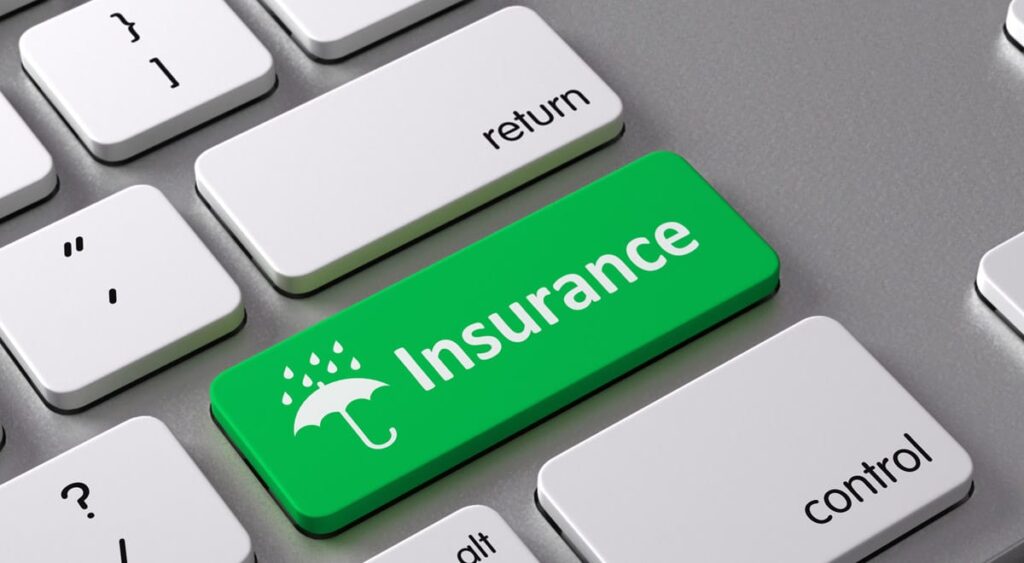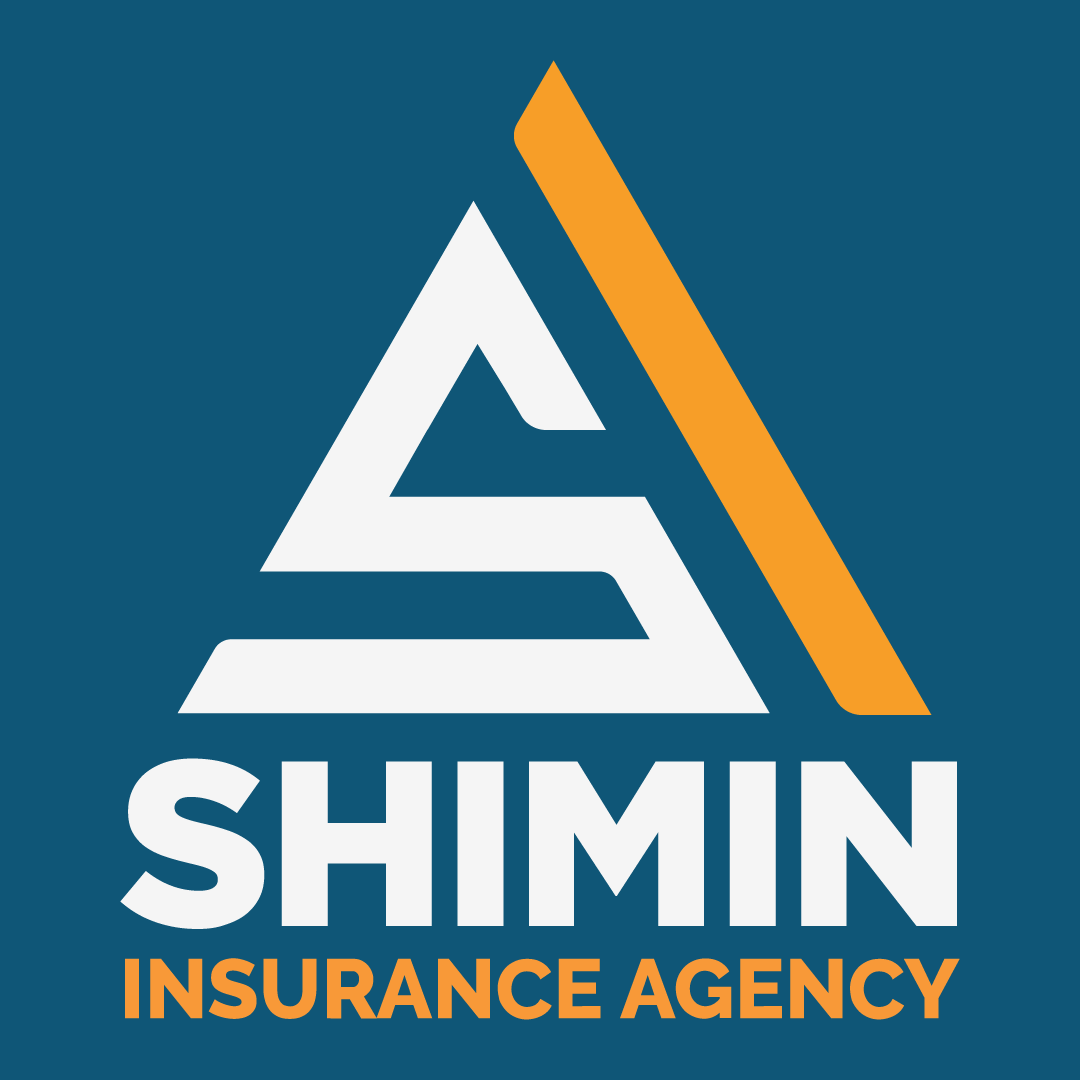
The Basics of Business Insurance for Small Business Owners

Risk comes with the territory when you run a small business. Negative cash flow, personnel issues, accidents on your premises, fire or flood—these are just a few of the risks that can disrupt the stability of your business. One lawsuit or catastrophic event can be enough to set your business back or even force you to close your doors.
While you may not be able to protect against all the risks your business faces, you can manage some of them with business insurance. This is what a business owner’s policy, or BOP, is designed to help you do.
Designed for small business owners
A BOP is a policy designed specifically for the needs and budgets of small business owners and the risks they commonly face. BOPs bundle two types of protection into a single policy—commercial property and general liability insurance—which allows providers to sell them for less than two policies sold separately.
BOPs are also customization. You can add on coverage to tailor a policy to the specialized needs of your business or industry.
A BOP may be right for you if your business has fewer than 100 employees, meets certain maximum income requirements, and is a low-risk operation. (Businesses that are larger, highly specialized, or have high-risk operations may need more coverage than a BOP can provide.)
Here’s a closer look at the coverages that are included with a BOP:
Property insurance
The property portion of a BOP covers damage to your business caused by fire, explosion, windstorms, theft, vandalism, and any other perils specifically listed in the policy. The types of property that are covered by a BOP include:
- Buildings you own, lease, or rent
- Essential business personal property such as equipment, inventory, and supplies
- The property of others while it is in your care
If your building is vandalized, for example, your BOP policy will help cover the cost to repair the damage and replace any damaged contents. If a customer’s property on the premises was also damaged, a BOP will help pay to replace that, too.
But BOP property coverage is not all-inclusive. When purchasing a policy, be sure you understand what business properties and perils are included and excluded to avoid any surprises should you need to file a claim. If you want broader protection beyond the standard BOP, you may be able to purchase a “special” BOP form that provides all-risk coverage for a higher premium.
Liability insurance
Lawsuits can be costly even if you’ve done nothing wrong. The liability portion of a BOP offers financial protection if a third party sues you for:
- Damage to the third party’s property while under your care
- Physical injuries suffered on your premises, such as slip-and-fall accidents
- Advertising injuries, including copyright infringement, slander, and libel
Your BOP policy will help pay lawyers’ fees, settlements, or judgments and other costs related to a lawsuit. It may also cover up to one year of medical expenses for an injury sustained by a third party on your premises or as a result of your business operations or products.
Business income insurance
Property insurance may cover your business’s physical assets, but it does not cover lost revenue that results from those damages. Business income insurance is a way to help sustain cash flow if you need to suspend operations while recovering from a covered property loss.
Many BOPs include business income insurance as part of the property coverage. If your business is interrupted, this important coverage can help pay for ongoing expenses such as employee payroll and rent. It may also cover the extra expense of running your business out of a temporary location while your property is restored.
Many policies limit business income protection to 6 or 12 months of lost revenue. Be sure to review the time limits associated with your policy with your insurance professional.
Additional coverages
If your business or industry faces additional hazards beyond those covered by the BOP, you can customize your policy with riders or endorsements that add insurance protection for specific risks. For example, many insurance providers offer endorsements for:
- Data breaches: If your business experiences a data breach, this coverage can help with the cost of notifying affected parties, protecting stolen identities, and engaging credit monitoring services, as well as help with legal defence, settlement, or judgment costs.
- Professional liability: This coverage protects your business from lawsuits claiming that your business committed a negligent act, error, or omission in professional services provided to a client or customer.
- Spoilage insurance: If you sell perishable stock such as food or plants, spoilage insurance can protect your lost income should stock expire due to contamination, equipment breakdown, or a power outage.
A standard BOP covers the primary risks associated with running a small business, but it doesn’t cover everything. You’ll still need to purchase workers’ compensation insurance if you have employees, commercial auto insurance if you have a business-owned vehicle, and other types of insurance depending on your business. If you need extra coverage beyond the limits of the standard BOP, you can also supplement your coverage with an umbrella insurance policy.
Talk to an insurance professional to learn if you qualify for a BOP and, if you do, what coverage and limits may be right for your business.
SOURCE: ALL BUSINESS
About Us
Shimin Insurance Agency is licensed to carry out insurance business as an intermediary and has its headquarters at Co-op House along Haile Selassie Street, Nairobi. Through establishing partnerships with various reputable insurance companies in the industry, the Agency has developed a full banquet of innovative insurance products and services that address the insurable needs of our customers and offers these services from across our branches in Kenya.
Our Products
- Insurance Premium Financing
- Motor Vehicle Insurance
- Agriculture Insurance
- Student Accident Cover
- Group Personal Accident
- Domestic Package
- Public Liability
- Product Liability
- Directors Liability
- Professional Indemnity
- Machinery Breakdown
- Fire and Special perils
- Travel Insurance
- Marine Insurance
- Medical Insurance
- Trade Insurance
















